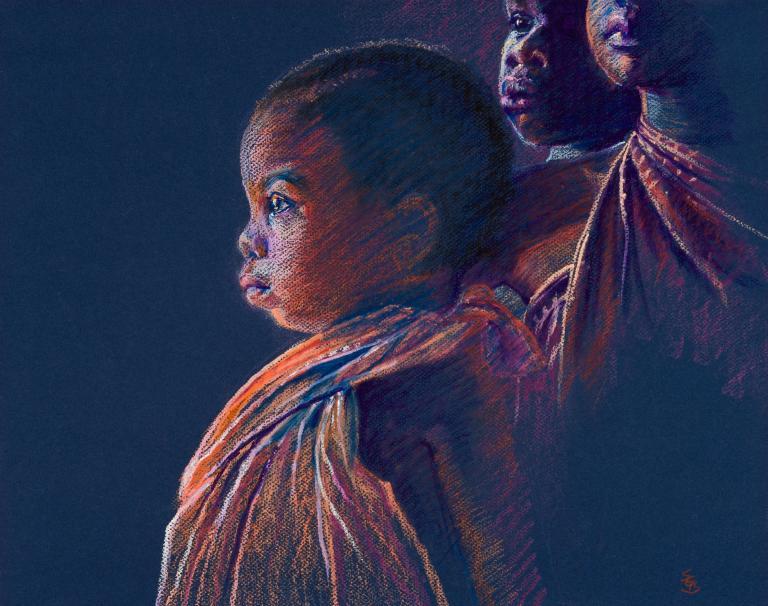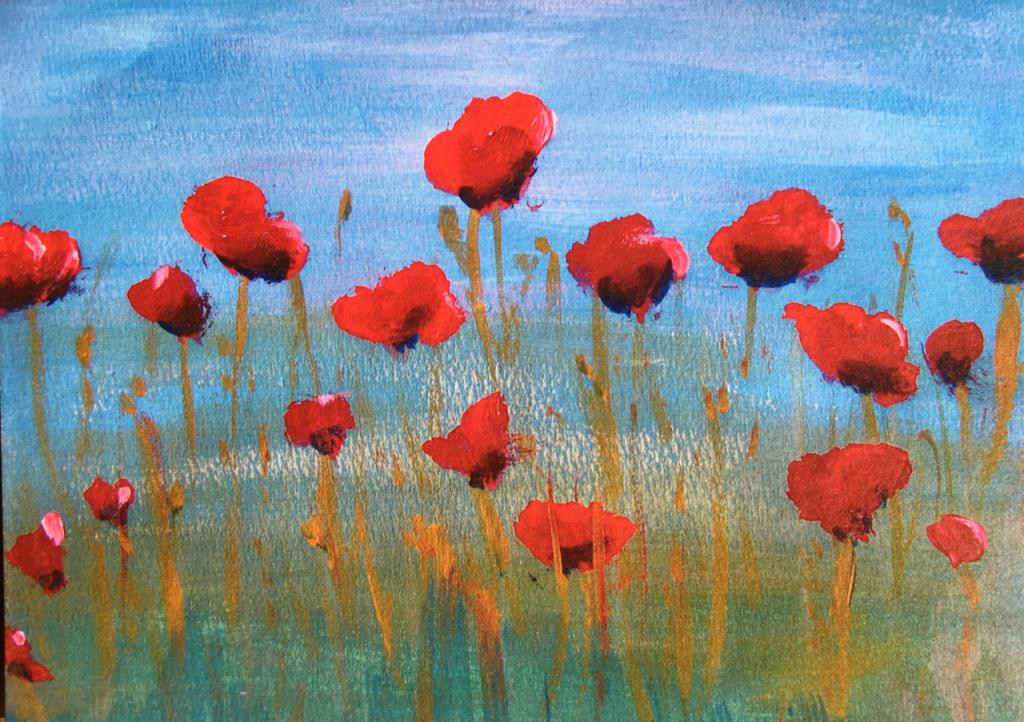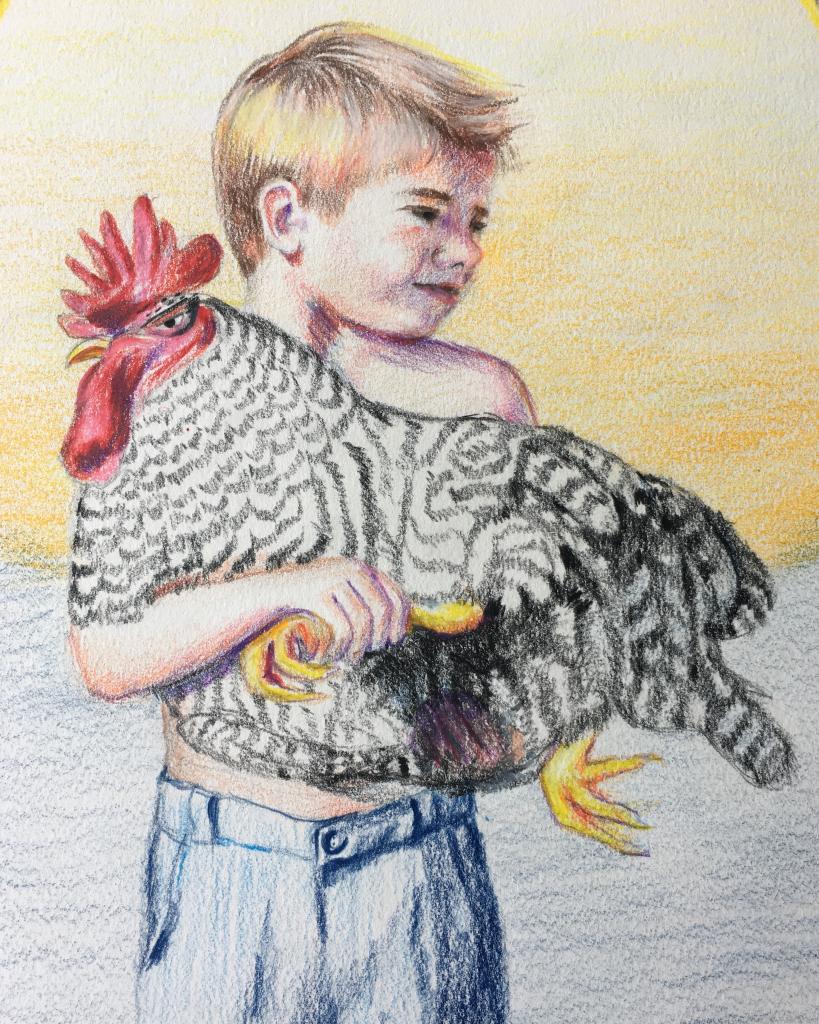
One of our early church experiences in Maputo, Mozambique was a stretching one for me. I grew up in the protestant churches, where we used lots of tiny individual cups for the communion service. Deacons filled the cups with grape juice, representing the blood of Christ, and passed them around for individuals to take. Next they passed out the wafers or crackers that represented the body of Christ. I had never experienced sharing one cup for communion.
Visiting Churches Early On
One Sunday we traveled to a village out from town a bit to attend church with other missionaries and locals. We were honored as special guests and seated on the front rows, which didn’t thrill introverted me at all, but we did as we were instructed to do.
We enjoyed the energetic singing, dancing, and preaching, but when communion time came around, I started to squirm. They were passing around one cup of wine, and everyone was watching us on the front row, so we had to drink after a bunch of strangers. I had no choice. All kinds of diseases ran through my mind as I sipped, fearing that we would catch something horrible.
It doesn’t seem like a big deal now, especially since we didn’t get sick, but back then, it was challenging for me. I imbibed as little as possible and prayed we wouldn’t become ill. We didn’t. God protected us so many times, and he still does.
Faith and Health in 2021
Enter COVID-19. Now sharing one cup would not be a good idea—if it ever was. Please don’t take this article as saying we should all disregard the guidelines for the virus. Even the conservative churches I grew up in were willing to view “this cup” in the scriptures as a symbol that also works as multiple, individual cups. So what can we learn in 2021 from the symbolism of the “one cup”?
Sharing One Cup in 2021
In many ways, the virus is teaching us that we all drink from one cup. We cannot say we must only take care of ourselves, as Americans. As Christians, could we or should we ever say that? I think not. The Bible is clear and the words of Christ are clear on this topic, but because politics has muddied the waters in recent years, let’s look at a few scriptures.
In the Sermon on the Mount, Jesus said, “Love your enemies and pray for those who persecute you.” He goes on to describe how God makes the sun rise for the evil and the good, and he says we should be like God in that way (Matt. 5:44,45). Certainly loving enemies is not easy, but couldn’t we all agree that loving others is a core Christian value? How on earth did Christians get a reputation for hatred? We need to examine ourselves to see if any of that reputation is deserved.
Hebrews 13:2 says “Do not forget to entertain strangers, for by so doing some people have entertained angels without knowing it.” Such an intriguing verse! But again, couldn’t we all agree that welcoming the foreigner is a core Christian value? I used to think so, but now I wonder.
We Are One
Even in the Old Testament in Genesis 12:3 God told Abraham that all nations would be blessed through him. God intended from the beginning to include all nations in the gospel message. We are one with humanity all over the world, and we drink from one cup of blessing or suffering. If we have learned anything from 2020 it is this, and we cannot survive as a planet if we try to pretend otherwise.











